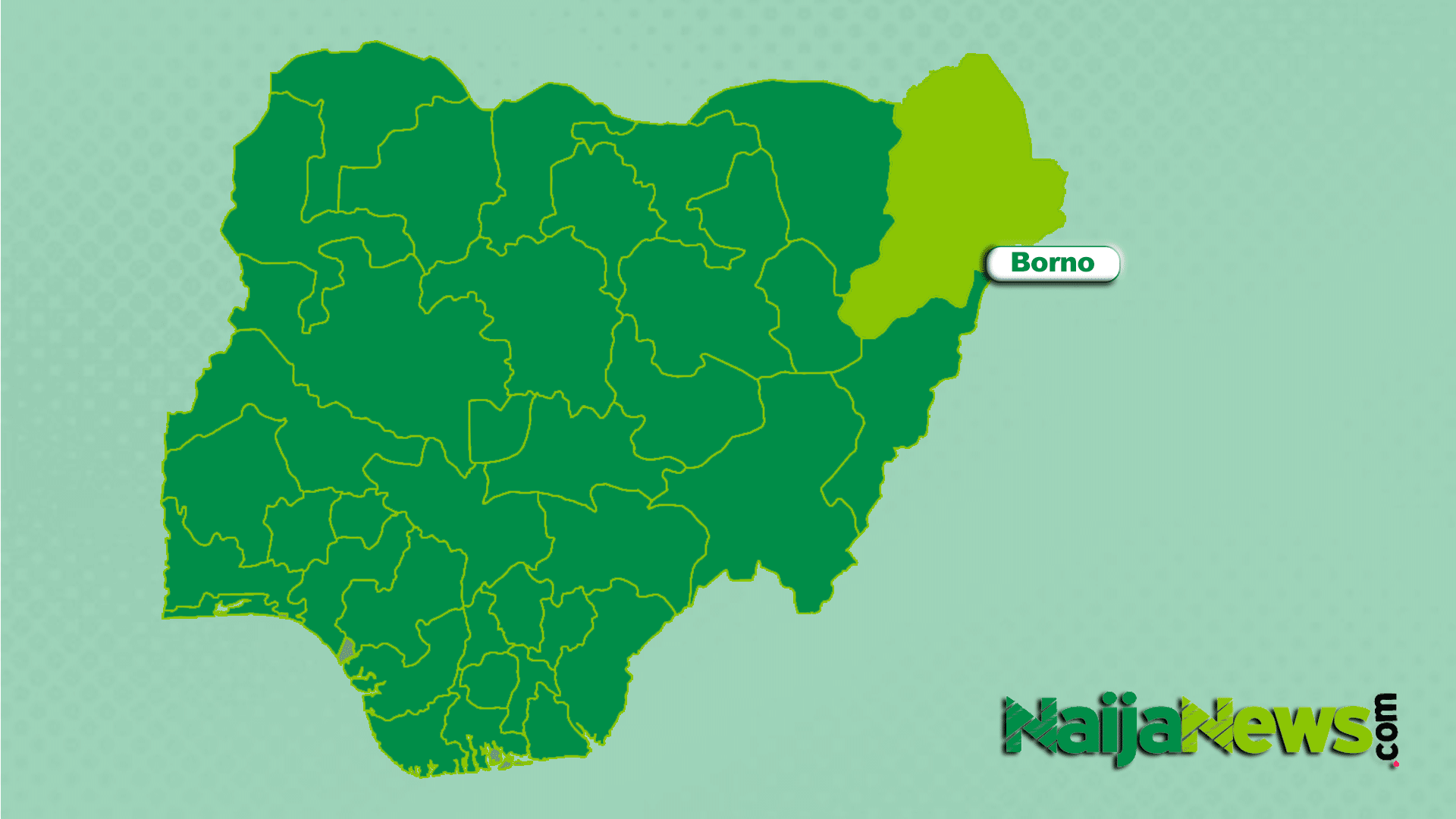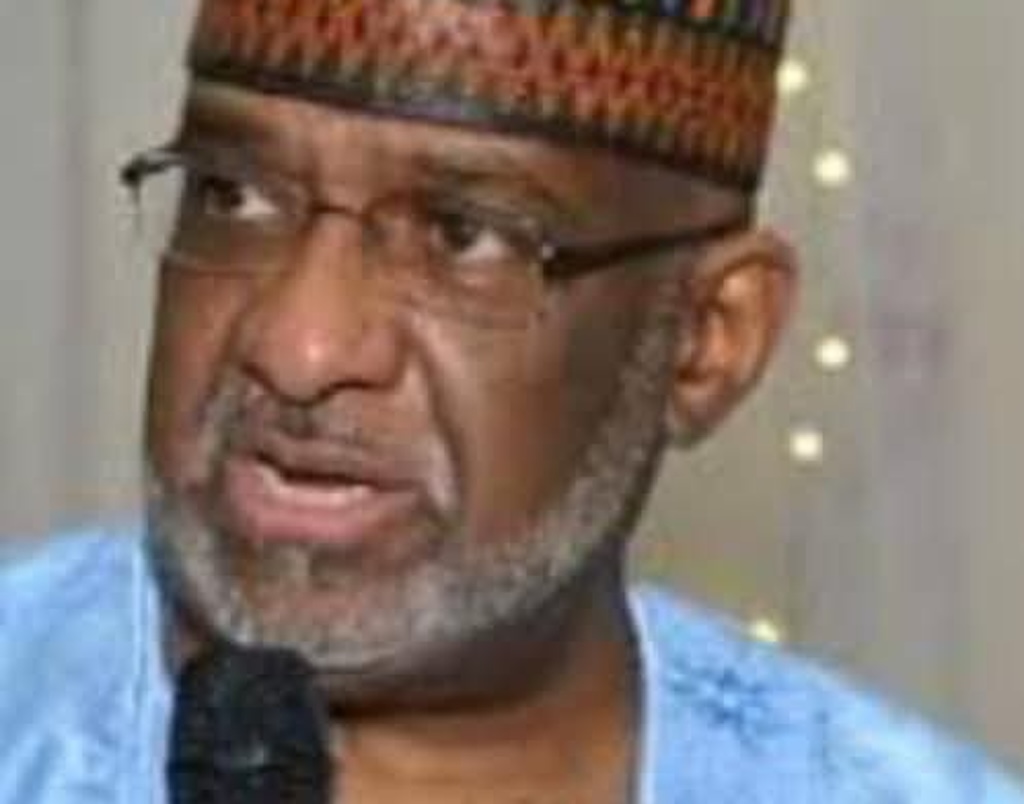Borno Under Attack: Nigerian Soldiers, Child Killed In Banki As Insurgents Launch Deadly Night Raid—Dozens Of Militants Feared Dead In Airstrikes
Tragedy struck the town of Banki, in Bama Local Government Area of Borno State, late Thursday night as coordinated attacks by armed insurgents claimed the lives of two Nigerian soldiers and a nine-year-old boy. The bold raid, which has sent shockwaves throughout the region, underscores the continued threat of militant activity in Nigeria’s Northeast—and highlights both the persistent security challenges and the resilience of affected communities.
The Attack Unfolds
According to information compiled from counter-insurgency outlets including Zagazola Makama, the assault began at approximately 10:15 pm. The attackers targeted some of Banki’s key security installations—most notably, the Bula Yobe forward operating base, the 152 Battalion, and the divisional police headquarters. Eyewitnesses and local sources described chaotic scenes as gunfire erupted across the town and the insurgents reportedly torched at least three military vehicles during their incursion.
Communities living near the military installations were forced to flee or seek shelter as the sound of explosions and automatic gunfire pierced the night. Banki residents told us they initially mistook the firefight for a military training drill—until the reality of the assault became clear: “We heard gunshots and people were shouting, children were crying everywhere. It was a terrible night,” recounted Lawan Musa, a Banki trader who sheltered his family inside their home until the fighting subsided.
Swift Military Response And Airstrikes
Recognizing the scale of the attack, Nigerian Army troops on the ground quickly called in air support. According to senior defence sources in Maiduguri, two A-29 Super Tucano jets, guided by aerial surveillance and real-time intelligence, launched multiple airstrikes on fleeing militants outside the town perimeter.
The impact of the coordinated counterattack was significant: military sources allege that the strikes neutralized no fewer than 32 fighters, reportedly linked to both Boko Haram and Islamic State of West Africa Province (ISWAP) factions. Although independent verification remains challenging due to the area’s volatility, officials maintain these operations dealt a blow to insurgent capabilities in the region.
Brigadier General Musa Yaro of Operation Hadin Kai emphasized, “Our combined ground and air response helped repel the attackers and demonstrate our commitment to restoring peace in all communities of Borno. We remain alert to any further threats and are intensifying clearance operations around Banki.”
Human Cost And Community Grief
The attack’s toll stretched far beyond immediate military losses. The two fallen soldiers’ remains were transported to Maiduguri for official burial rites, and the nine-year-old civilian victim, named Ismail Abubakar, was returned to his family for burial according to Islamic rites. His father, a local schoolteacher, expressed devastation at the loss: “He was an innocent child, caught in violence none of us wanted. We pray for peace and for the safety of all our children.”
Local leaders held prayers on Friday morning in memory of the deceased and called for greater protection of civilians across Borno, where more than a decade of conflict has uprooted families and left communities traumatized. Data from the UN Office for the Coordination of Humanitarian Affairs (OCHA) indicate that Borno State remains one of Nigeria’s most affected regions, with over 2.2 million people displaced since violence escalated in 2009.
Heightened Security Measures & Preventing Further Incursions
In response to the raid, the Nigerian military has reportedly sent additional troops and surveillance assets to Banki and other sensitive areas along the Cameroon border. “Our focus now is to secure all flanks and prevent further incursions. We urge residents to remain vigilant and cooperate with authorities,” said Army spokesperson Maj. Hassan Ibrahim.
Community vigilante groups have also renewed collaboration with security forces, providing local intelligence and assisting victims. However, concerns remain about the ability to sustain heightened security in remote border towns, many of which are accessible only by dangerous, poorly maintained roads.
Regional & West African Context
The violence in Northeast Nigeria resonates not only locally but also across West Africa. Both Boko Haram and ISWAP continue to threaten neighboring countries, particularly Cameroon, Niger, and Chad. Regional forces under the Multinational Joint Task Force (MNJTF) have intensified joint operations, yet insurgency has proved resilient—often adapting tactics and targeting border communities such as Banki, which serve as crucial transit points for trade and refugees.
Ghanaian and other West African authorities watch these developments closely. “Insurgent activities in Nigeria have direct implications for security and migration trends across West Africa,” observed security analyst Kwame Mensah, based in Accra. “It is imperative for ECOWAS nations to strengthen intelligence-sharing if we are to address this threat collectively.”
The Broader Humanitarian Picture
While the Nigerian military claims progress in the ongoing fight against insurgency—pointing to reduced territorial control by militias and improved security in urban centers—rural communities frequently bear the brunt of intermittent violence. Humanitarian organizations emphasize the need for sustained support, ranging from trauma counseling to infrastructure repair.
Ms. Grace Nwosu, a trauma counselor with a Borno-based NGO, noted: “Every attack reopens wounds for families that have lost loved ones. Children are particularly vulnerable, and we must prioritize education and mental health service delivery alongside security efforts.”
Explosion Rocks Kaduna’s Key Defence Industry
In a separate but equally troubling development, Saturday saw a major blast at the Defence Industries Corporation of Nigeria (DICON) in Kaduna State. According to local authorities, the explosion—whose exact cause is still under investigation—left one worker dead and several others injured. The force of the blast was reportedly heard in several parts of the city, especially within Chikun and Kaduna South LGAs, stirring fears and sparking concerns about industrial safety.
Emergency response teams have since cordoned off the facility, and investigations are ongoing. A spokesperson for the Kaduna State Emergency Management Agency assured residents that “all necessary measures have been taken to secure the area and attend to those injured.” The DICON incident comes at a time of heightened security alert nationwide, raising new questions about risk management in Nigeria’s critical infrastructure sectors.
Looking Forward: Community Resilience And Calls For Action
The recent violence in Banki and the explosion in Kaduna highlight the enduring challenges of insecurity and the fragile nature of peace in many Nigerian communities. Analysts argue that a combination of strong military-rooted responses and community-based conflict prevention models offers the best hope for long-term stabilization. Meanwhile, the voices of ordinary Nigerians—demanding safety, justice, and opportunity—remain as urgent as ever.
What steps do you think should be taken to protect vulnerable communities and prevent future tragedies like these? Share your views in the comment section and follow us for more updates on the latest news from Nigeria, West Africa, and beyond.
For questions or support, contact us at support@nowahalazone.com.
Stay updated and be part of the conversation—follow us on Facebook, X (Twitter), and Instagram.
Your voice matters—let’s work together for a safer, stronger community!









